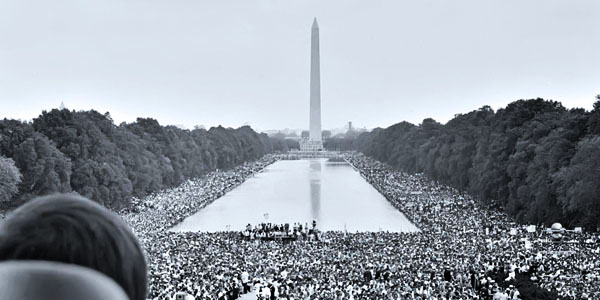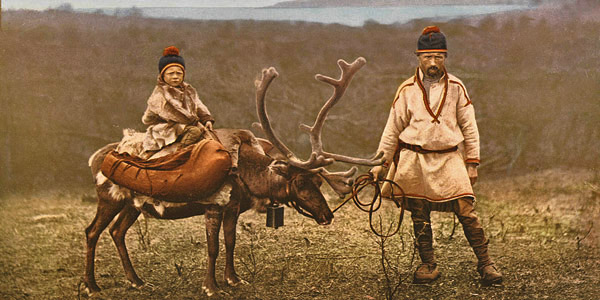When I speak or write, my brain generates neural signals that activate my lungs, vocal cords, mouth, or alternatively my fingers on a keyboard to form words and sentences. This sort of activity applies to anything “I” do. It seems natural then to propose “I am my brain.”
Citing difficulty with the notion of “I”, some neuropsychologists would prefer to say, “The mind is the brain.” The naturalist philosopher Daniel Dennett, who agrees with this position, took it further and once predicted that personal pronouns such as “I” and “you” would likely disappear from human speech in the not-too-distant future.[1] In that happy time neuropsychologists and psychiatrists may understand much better than today how to treat brains and their disorders. Or maybe not.
We don’t have to wait a hundred years to find a group of people whose concept of “I” or self has been shattered. They already exist. They are people with severe mental illness, especially schizophrenia. Continue reading “I Am Not My Brain”










